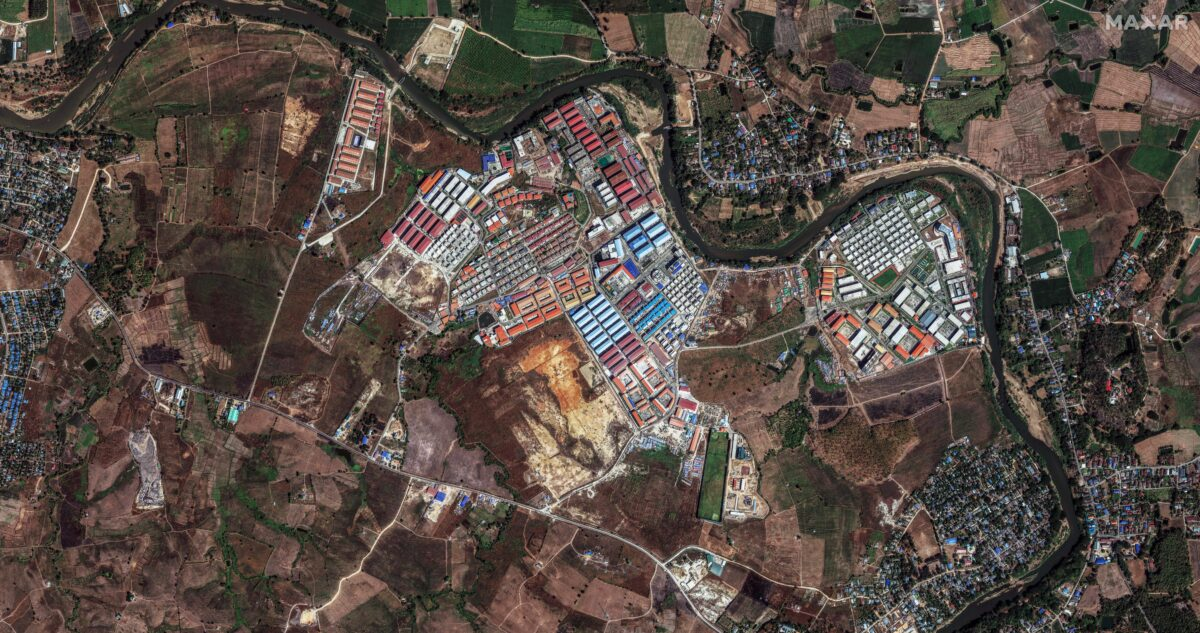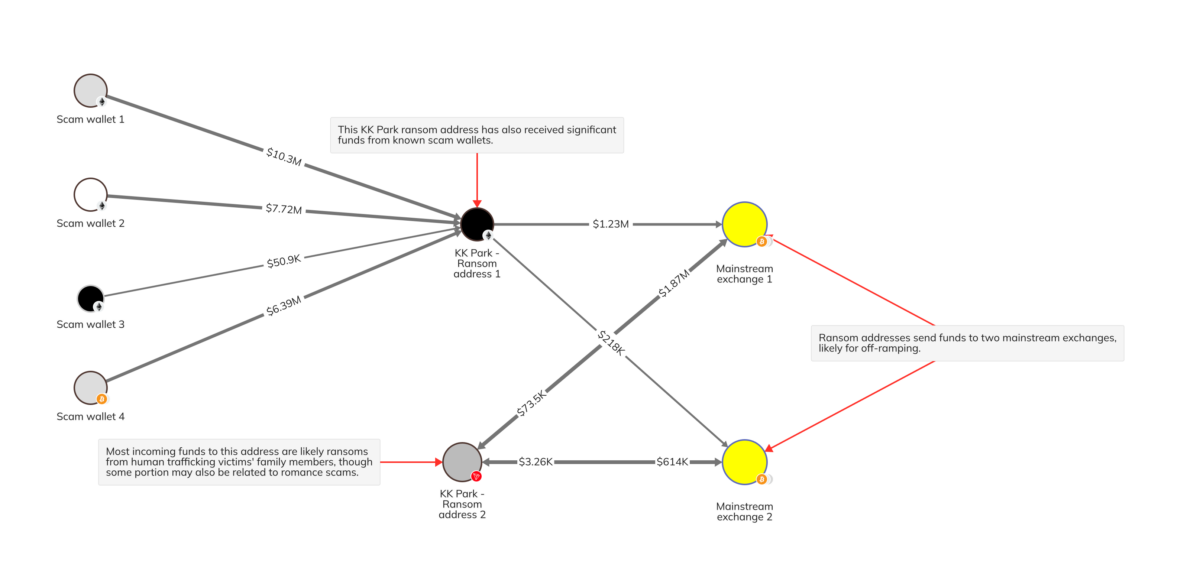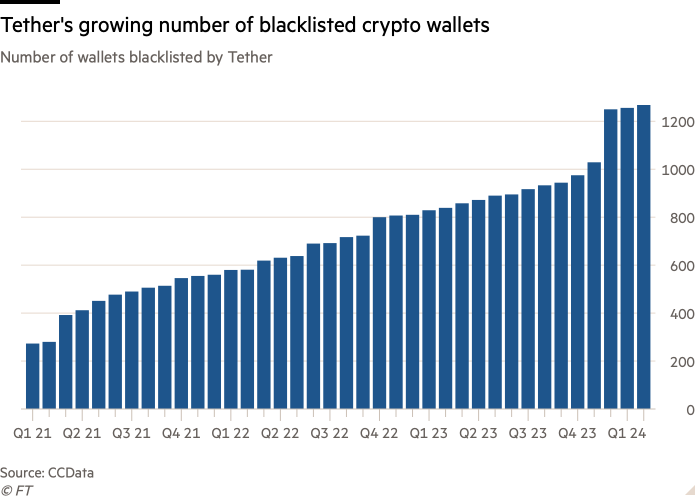Author: Chainalysis & FT
Translation: Felix, PANews
The love promotion method, also known as "pig butchering scheme," deceives victims into "fattening up" in order to extract the maximum possible value. This is a problem closely related to and increasingly serious in the cryptocurrency world. Scammers first establish a relationship with the victim for a period of time (usually a romantic relationship), often by pretending to dial the wrong number or through dating apps. As the relationship deepens, the scammer will eventually lure the victim to invest money (cryptocurrency or fiat currency) in a false investment opportunity and continue to persuade them to invest until they finally cut off contact.

Source: CoinDesk
In its 2022 IC3 report, the FBI pointed out that in 2022, Americans lost over $700 million due to "pig butchering" (including cryptocurrency and fiat currency), and losses from all types of cryptocurrency investment scams amounted to nearly $2.5 billion. These figures do not include victims from other countries such as China, whose residents are also the main targets of these scams.
As many people become aware of the damage caused to victims by "pig butchering," they are also gradually realizing that the scammers themselves are being exploited. As discussed in 2022 with journalist Alastair McCready on the Chainalysis Public Key podcast, and as recently reported by The New York Times, people in China and Southeast Asia are being kidnapped and trafficked, forced to work in labor camps in large-scale zones to carry out "pig butchering" scams. Places like Myanmar's Myawaddy are hotbeds of scam activity, as the political instability there allows scam syndicates to operate with impunity.
KK Zone: Myanmar's Most Notorious "Slaughterhouse"
Chainalysis interviewed Eric Heintz, an analyst at the International Justice Mission (IJM). In the local area, Eric Heintz and his team assist IJM's office in helping trafficked victims. As part of this work, they also track criminal syndicates, monitor their recruitment activities on social media, map out their gathering places through satellite imagery, and communicate with trafficked victims.
"The living conditions of these people are terrible. They are forced to work 12 hours or more every day, and if they fail to meet the scam quota, they will be beaten, tortured, and even denied food."
Eric Heintz also revealed more information about the scam teams. Typically, a company owns land and buildings, which are then leased to other companies to carry out the actual "pig butchering." Eric Heintz stated that the owners of these zones usually also provide "security" for their tenants, meaning they dispatch guards to prevent trafficked victims from escaping.
How do these scam syndicates use cryptocurrency? While it is known that they receive cryptocurrency from the victims, Eric Heintz also revealed that scam syndicates often make trafficked victims' families pay ransom in exchange for freedom. These payments are also often made in cryptocurrency. The ransom addresses provided to Chainalysis by Eric Heintz are associated with a pig butchering syndicate in one of Southeast Asia's most notorious zones, the KK Zone. Eric Heintz said, "Some scam activities may mix the proceeds of the scam with the ransom paid by the victims' families." In fact, in addition to activities related to ransom payments, the addresses provided by Eric Heintz are also linked to scam activities.

Satellite image of the KK Zone
Nearly $100 Million in Cryptocurrency Received in Just Two Addresses
Before delving into on-chain analysis, let's first understand the background of the KK Zone. The KK Zone is currently one of the largest and most notorious "pig butchering" strongholds. Located in the aforementioned Myawaddy town in Myanmar, it reportedly detains over 2,000 trafficked "scammers." Heintz provided Chainalysis with two ransom addresses, stating that these two ransom addresses are associated with a front company operated by a pig butchering syndicate in the KK Zone. The following Chainalysis Reactor chart shows the on-chain activities of some addresses.

Just from the two ransom addresses provided by Heintz, on-chain activities worth millions of dollars can be understood. Firstly, while these addresses were provided to the victims' families as ransom payments, they also received substantial funds from known scam addresses.
For example, ransom address 1 received approximately $24.2 million in cryptocurrency from four wallets on the left side associated with scams. Both ransom addresses have sent and received large amounts of funds to and from major exchanges, some of which are likely ransom payments. Overall, since becoming active in July 2022, these two addresses have received nearly $100 million in cryptocurrency, although it is currently unclear how much of this is from scams and how much is from ransom. Considering that these are just two addresses of a company operating in the KK Zone, it can be inferred that scam teams in this zone have made a lot of money.
On-chain analysis shows that the ransom activities of scam syndicates are closely intertwined with their main business ("pig butchering"). The harsh living conditions faced by trafficked victims in the zone make the problem even more urgent. Not only are victims being scammed out of hundreds of millions of dollars each year, but the syndicates behind these scams also violate humanitarian principles.
The good news is that the cryptocurrency ecosystem is taking action. In November, stablecoin issuer Tether and cryptocurrency exchange OKX announced a collaboration with the U.S. Department of Justice to freeze approximately $225 million worth of USDT tokens. These tokens are related to an international human trafficking group responsible for "pig butchering" in Southeast Asia. According to data provider CCData, Tether has blacklisted nearly 1,300 cryptocurrency wallets since opening its platform to U.S. authorities, including the FBI, in November last year, a significant increase in this data.

Additionally, in a late 2023 operation led by the International Criminal Police Organization in South Korea, authorities arrested 3,500 criminals involved in online scams and seized $300 million in funds, $100 million of which was in cryptocurrency. Chainalysis encourages all cryptocurrency companies to investigate scam-related activities and report them to law enforcement.
It is worth noting that, according to the Financial Times, most of the approximately $100 million worth of cryptocurrency traced was transacted on the Tron blockchain, which has low transaction fees and has developed into one of the largest networks in the industry.
Related reading: Chainalysis 2023 Cryptocurrency Crime Report: Significant Decrease in Fraud and Stolen Funds
免责声明:本文章仅代表作者个人观点,不代表本平台的立场和观点。本文章仅供信息分享,不构成对任何人的任何投资建议。用户与作者之间的任何争议,与本平台无关。如网页中刊载的文章或图片涉及侵权,请提供相关的权利证明和身份证明发送邮件到support@aicoin.com,本平台相关工作人员将会进行核查。




